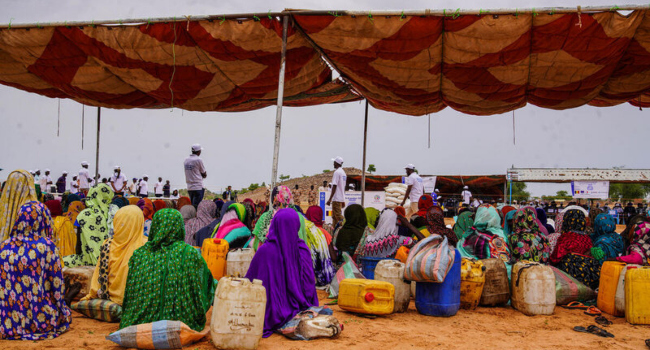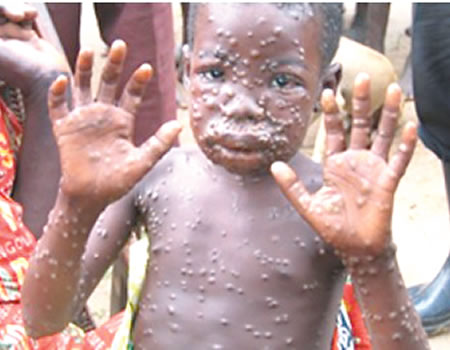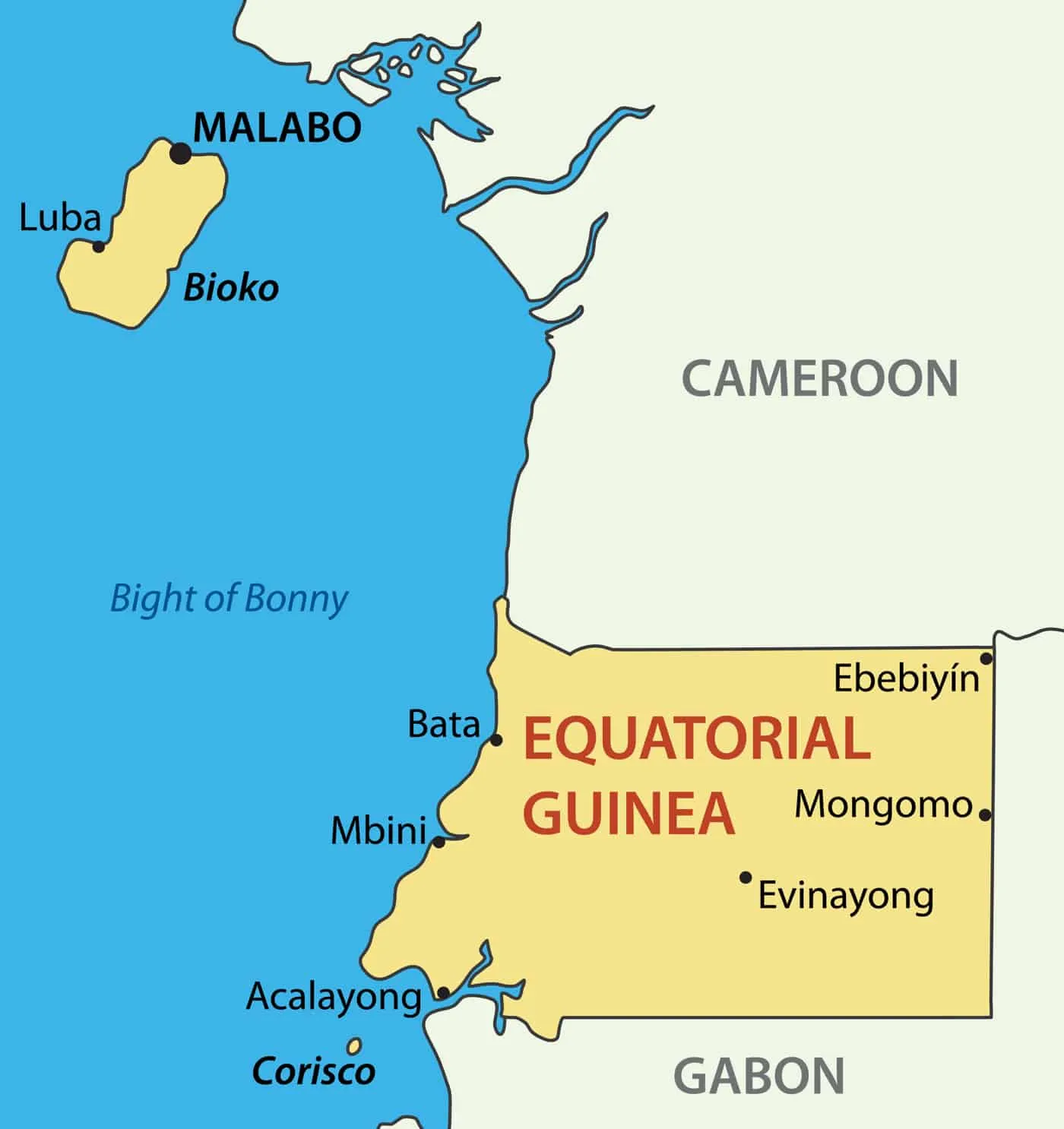Over 40 million people across West and Central Africa are struggling to feed themselves during the 2024 post-harvest season.
A statement released by the United Nations World Food Programme on Friday said the number is set to rise to 52.7 million by mid-2025, including 3.4 million people facing emergency levels of hunger (IPC/CH Phase 4).
Quoting its new Cadre Harmonisé food security analysis released this month, the world organisation said despite a marginal drop in the number of acutely food insecure people compared to last year – linked to improved security and above, average rainfall in some parts of the Sahel, food insecurity is worsening.
The number of people facing emergency levels of hunger (IPC/CH Phase 4) has surged by 70 per cent during the post-harvest season and 22 per cent during the June-August 2025 lean season, the statement added.
Countries most affected include Nigeria, Cameroon, and Chad, which together account for well over half of the total food-insecure population – while forcibly displaced people bear the brunt of the food crisis.
This situation, the UN said underscores the urgent need for enhanced humanitarian action and long-term solutions that effectively tackle the food crisis engulfing the Sahel and the Lake Chad region.
The vicious cycle of hunger in West and Central Africa can be broken, but it requires a fundamental shift in our approach,” said Margot van der Velden, WFP’s Regional Director for Western Africa.
Food insecurity in the region is driven by conflict, displacement, economic instability, and severe climate shocks. Over 10 million people have been forcibly displaced in the region, with significant numbers in Burkina Faso, Chad, Cameroon, Mauritania, Niger, and Nigeria.
“Forcibly displaced people are most often cut off from their fields and grazing areas making farming – vital for food security – impossible. Furthermore, climate shocks – especially the deadly floods this year that affected six million people – claim lives and destroy livelihoods, disrupting agricultural productivity.
“The continuing deterioration of food security and nutrition despite significant efforts by governments and partners, emphasizes the need for an urgent paradigm shift in response,” said Robert Guei, FAO Sub-regional Coordinator for West Africa.
The organisation called for timely, flexible, and predictable funding to reach crisis-affected people with lifesaving assistance, and massive investments in preparedness, anticipatory action and resilience-building to empower communities and reduce humanitarian needs.
“We need to strengthen and implement joint integrated resilience programmes in the most affected countries and beyond. Additionally, we need to facilitate smallholder farmers’ access to locally produced fertilizers to boost sustainable, affordable, and nutritious food production.”
It said high food prices and households’ low purchasing power are compounding the crisis, making it impossible for many families to afford even basic nutritious food.
Vendors wait for costumers by their fish stalls at the Lokoja International Market in Lokoja on October 21, 2024. (Photo by OLYMPIA DE MAISMONT / AFP)
These economic issues are particularly severe in coastal countries such as Senegal, Guinea, Sierra Leone, and Nigeria, where the cost of living has skyrocketed.
The situation is significantly affecting the nutritional status of children.
In 2024, an estimated 16.3 million children were expected to suffer from acute malnutrition, including 5 million in its severe form. Recent nutrition surveys conducted in the Sahel also reveal a deteriorating situation in several regions.
“Good nutrition in the early years of life is the bedrock of child survival, development and future healthy adult life. Every dollar invested in nutrition yields up to $16 in economic returns through improved health, enhanced education outcomes, and increased productivity throughout life,” said the UNICEF Regional Director, Gilles Fagninou. “We must ensure a reliable and sufficient supply of therapeutic food to treat children under 5 in the region, while at the same time, we seek to invest for the long-term to prevent malnutrition happening in the first place.”
With sufficient and predictable funding, FAO, UNICEF, and WFP said they will continue working with national governments, scaling up their ongoing efforts to alleviate hunger, build resilient communities, move towards sustainable food systems and lift people out of poverty through resilience-building programmes.


